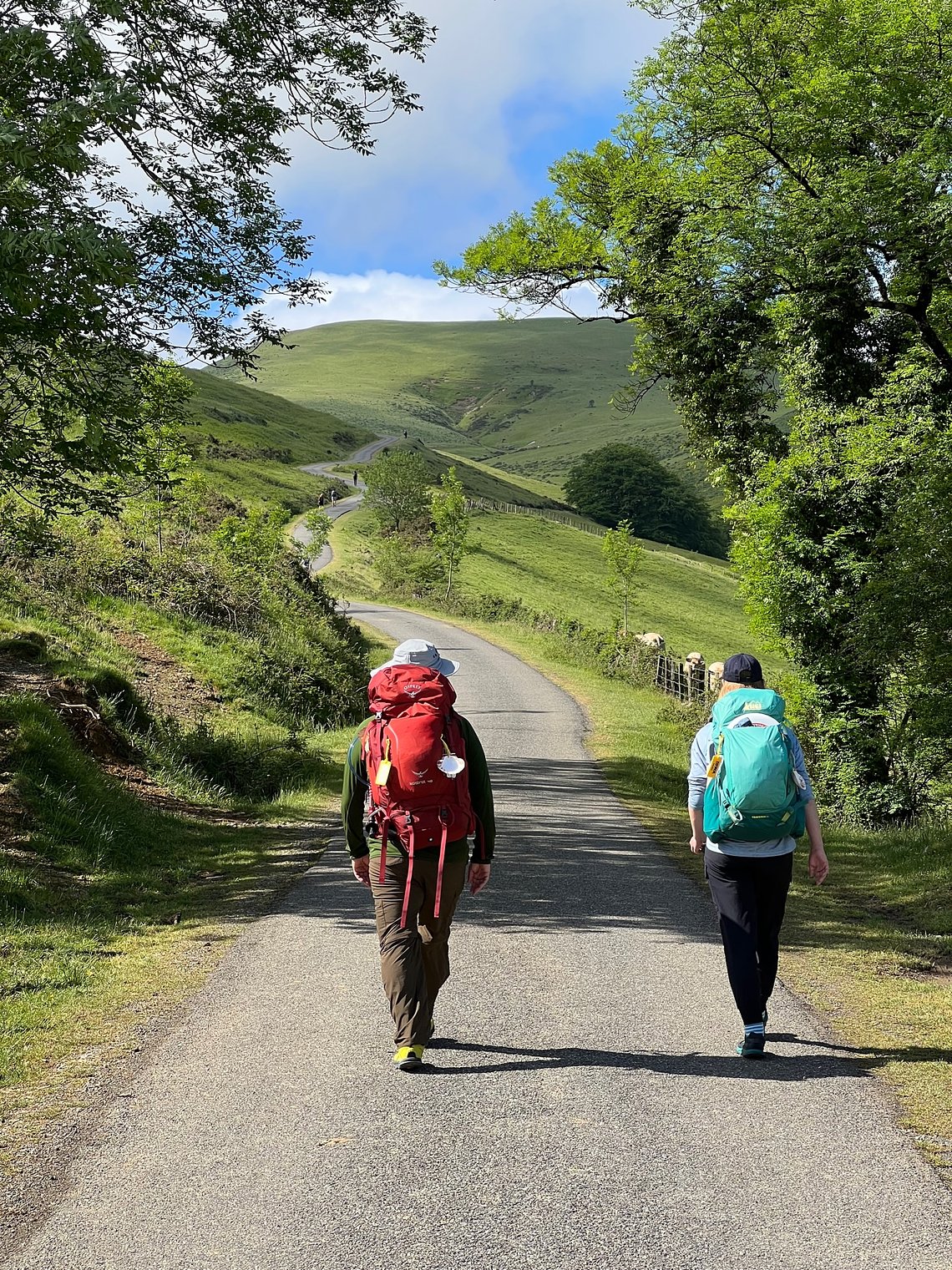Wilderness Backpacking Trips
How Do You Prepare for a Wilderness Backpacking Trip Across Europe's Diverse Landscapes?

Posted on Sun 7 Jul 2024 · by James Chisnall
Europe's wilderness beckons with promises of solitude, breathtaking landscapes, and the joy of the journey. Whether you're a seasoned trekker or a novice eager to explore, wilderness backpacking offers a unique way to connect with nature and discover some of the less-trodden paths across the continent.
Planning Your Backpacking Trip
Choosing the Right Destination
Selecting the perfect wilderness destination requires a balance of challenge, beauty, and personal interest. Europe, with its diverse landscapes ranging from the rugged Highlands of Scotland to the vast wilderness of the Scandinavian tundra, provides many options. Considerations should include the length of trails, altitude, accessibility, and your fitness level. Websites like Untravelled Paths feature a variety of unique destinations that offer more than just a walk—they offer an experience steeped in local culture and natural beauty.
Essential Gear and Supplies
The right gear is crucial for a successful and enjoyable backpacking trip. A durable backpack, a weather-appropriate sleeping bag, a sturdy tent, and reliable cooking gear are essentials. For clothing, layering is key; include moisture-wicking base layers, insulating layers, and waterproof outer layers to handle the unpredictable European weather. Additionally, don’t forget navigation tools like maps, compasses, and GPS devices—technology has its place, but it always has a backup.
Navigating the Wilderness
Map Reading and Navigation Skills
In the digital age, the art of map reading and navigation remains invaluable, especially in remote areas where cell service is a myth. Understanding topographical maps, recognising landmarks, and using a compass are skills that enhance your outdoor experience and ensure safety. Modern GPS devices are helpful, but knowing the basics provides a fail-safe against technology failures.
Wilderness Survival Skills
Survival skills are a key component of any wilderness adventure. Knowing how to respond to wildlife, treat water, and signal for help can make all the difference in critical situations. Basic first aid knowledge and the ability to make temporary shelters should also be in every backpacker's skill set. These skills not only ensure your safety but also boost your confidence in handling unexpected situations.
Leave No Trace Principles
Adhering to Leave No Trace principles is essential to preserving the beauty and integrity of the wilderness. These seven principles guide you to minimise your impact on the environment, including planning and preparing, travelling and camping on durable surfaces, disposing of waste properly, leaving what you find, minimising campfire impacts, respecting wildlife, and being considerate of other visitors. Applying these principles ensures that these pristine areas remain for future generations to enjoy.
Wilderness Backpacking in Europe
Spotlight on Popular Trails
Europe is home to some of the world's most famous wilderness trails, each offering a unique backpacking experience. The Scottish Highlands, for instance, provide rugged terrain coupled with historic sites and a chance to spot unique wildlife. The Alps provide challenging ascents with rewarding panoramic views. Each trail has its own character and challenges, and companies like Untravelled Paths provide insights and access to these incredible journeys, highlighting lesser-known routes that offer authentic experiences away from the crowded main trails.
Local Regulations and Cultural Respect
Understanding and respecting local regulations is crucial for any backpacking trip. This includes knowledge about permit requirements, trail restrictions, and appropriate behaviour. Additionally, respecting local culture and traditions enriches the experience, ensuring that your presence is welcomed and that you leave a positive footprint behind.
Exploring the wilderness of Europe offers a profound connection to the natural world and a break from the hectic pace of modern life. Each step on these trails invites a deeper understanding of the environment and ourselves, offering lessons that extend far beyond the physical landscapes.
Physical and Mental Preparation
Training for Your Trip
Preparing physically for a wilderness backpacking trip is as crucial as packing the right gear. Depending on the difficulty of the trail, your preparation might include cardiovascular exercises such as running or cycling, strength training to handle the rigours of carrying a backpack over uneven terrain, and flexibility exercises to prevent injuries. Additionally, incorporating hikes with a loaded backpack can acclimate your body to the specific demands of backpacking.
Mental Health Benefits
Beyond the physical challenge, wilderness backpacking offers significant mental health benefits. Disconnecting from digital devices and the bustle of daily life allows for mental clarity and stress reduction. The simplicity of focusing on basic needs like movement, food, and shelter can help recalibrate your perspective on life's complexities.
Overcoming Challenges
Common Physical Challenges
Backpacking in remote wilderness areas can present various physical challenges, from navigating difficult terrains to coping with unpredictable weather. Adequate preparation and the right gear are essential to managing these challenges effectively. It's also vital to listen to your body and pace yourself to avoid exhaustion and injuries.
Psychological Challenges
Mentally, the isolation and demanding nature of backpacking can test your resolve. The key to overcoming these challenges lies in mental preparation and resilience. Setting realistic goals, maintaining a positive attitude, and practicing mindfulness can enhance your experience and help you overcome obstacles.
The Lasting Impact of Wilderness Backpacking
Wilderness backpacking is more than just a physical endeavour; it is an immersive experience that offers profound insights into our relationship with nature and ourselves. It teaches resilience, fosters appreciation for the earth's beauty, and instills a sense of accomplishment. Moreover, by following sustainable practices, backpackers contribute positively to the conservation of these precious landscapes.
Embracing the challenges and rewards of wilderness backpacking encourages a deeper connection with the natural world and with one's inner self. It offers a unique perspective that can lead to lasting personal growth and an ongoing commitment to environmental stewardship. As we traverse these magnificent landscapes, we not only discover the beauty of the world around us but also the strength and resilience within ourselves.
